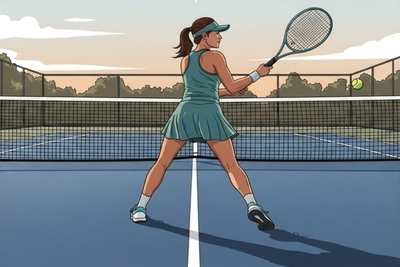A few months ago, I wrote a post on Kranzberg’s Six Laws of Technology. Perhaps my favorite of the six is the following:
Technology is neither good nor bad; nor is it neutral.
Since happening upon this law, I have been noticing it more and more.
With that as a backdrop, consider the recent story on CNN: Dating site for beautiful people expels 'fatties' after holiday weight gain. I found the following quote particularly fascinating:
As a business, we mourn the loss of any member, but the fact remains that our members demand the high standard of beauty be upheld," said Robert Hintze, founder of BeautifulPeople.com. "Letting fatties roam the site is a direct threat to our business model and the very concept for which BeautifulPeople.com was founded."
Hintze seems to contradict himself. He clearly doesn't mourn the loss of certain members, especially the portly.
On a different level, much like a bad pick in a fantasy football draft, perhaps the best response to this story is simply, "Wow."
Fundamental Questions
Yes, Web 2.0 enables sites to cater to every possible desire. I suppose that, if there's sufficient demand, one can set up a site for agnostic single 48 year old curators of large mammals in Massachusetts. Business Intelligence (BI) technology will only improve the ability to mine data and isolate groups and individuals from the masses. In a way, a site like BeautifulPeople.com is inevitable.
With that in mind, I still have many more questions than answers. I barely know where to begin here.
- What are the moral and ethical ramifications of letting sites openly discriminate against a group of people?
- What constitutes being a "fatty" and how can they possibly control for this? Do they use the Body Mass Index?
- Are being overweight and beautiful mutually exclusive?
- What--if any--laws apply in situations like this?
- What--if any--laws should apply in situations like this?
- At what point will BeautifulPeople.com find itself in court?
- Is this merely capitalism at its finest?
- Where does all of this end?
Perhaps I am more acutely aware of things like this after reading The Cult of the Amateur, a fascinating and controversial book by Andrew Keen about the normative limits of technology (among other topics).
Feedback
What do you think? Am I showing my curmudgeonly side? Are these legitimate issues?








Member discussion